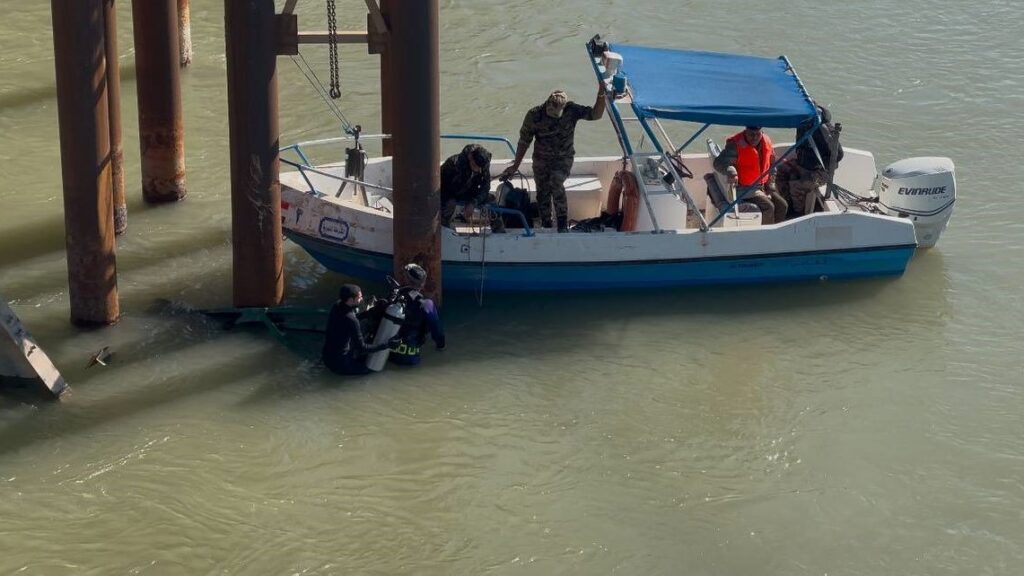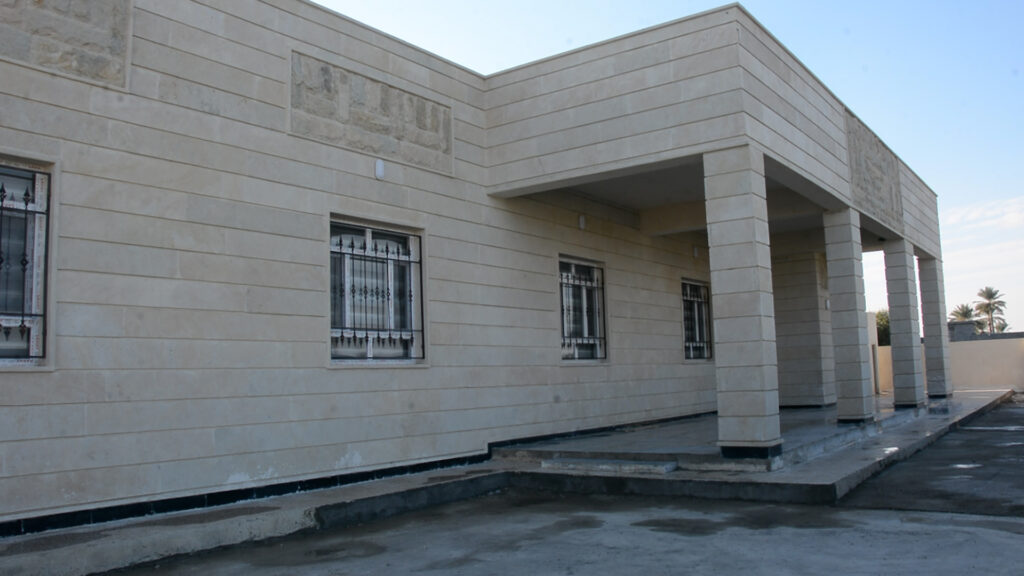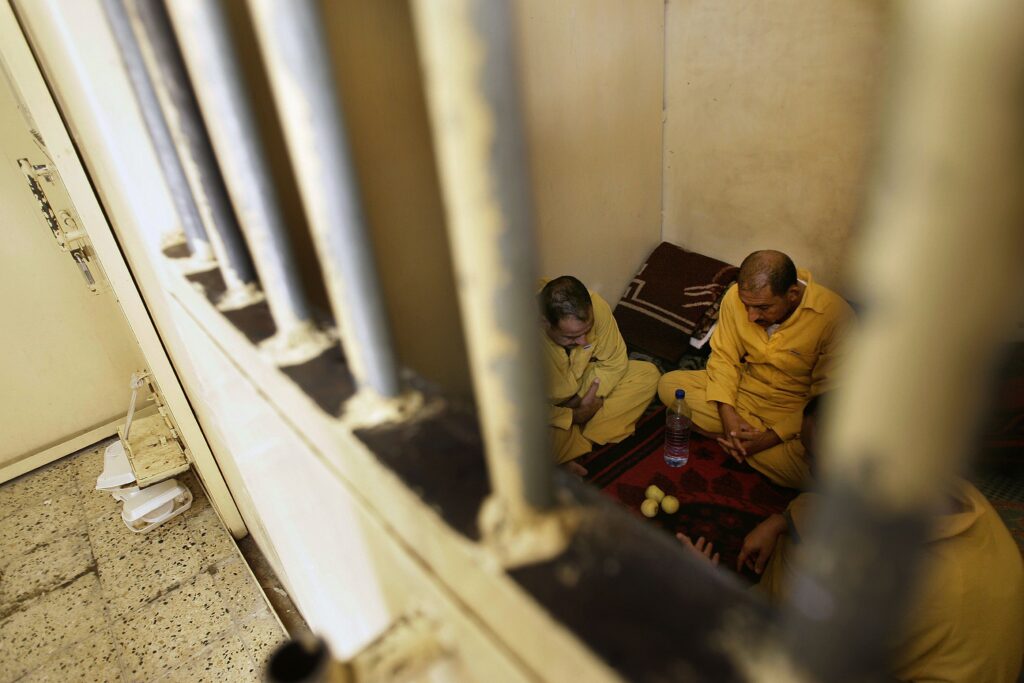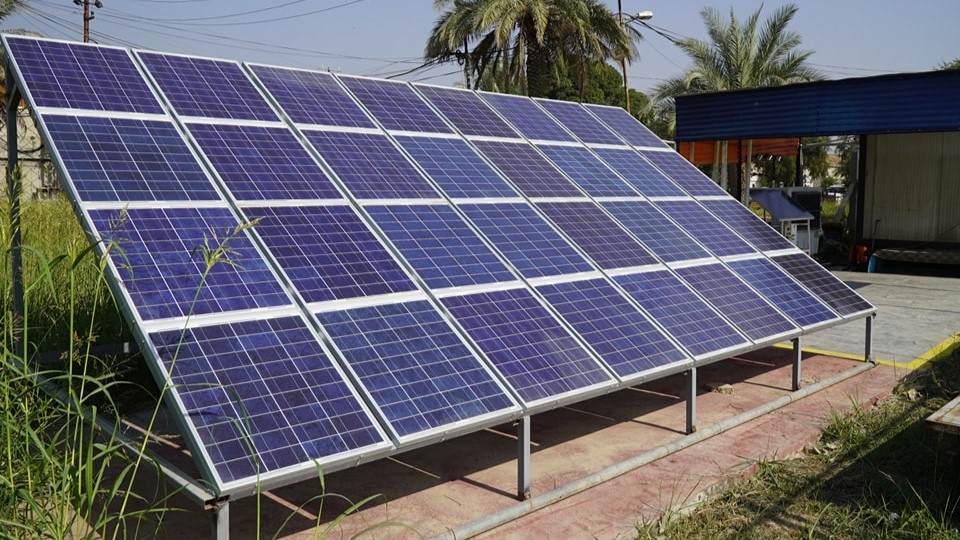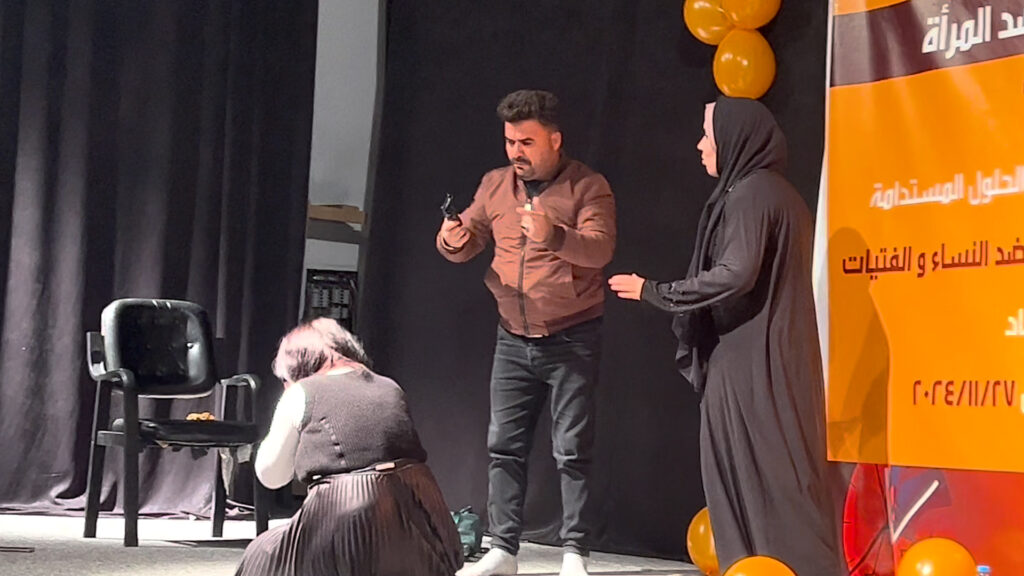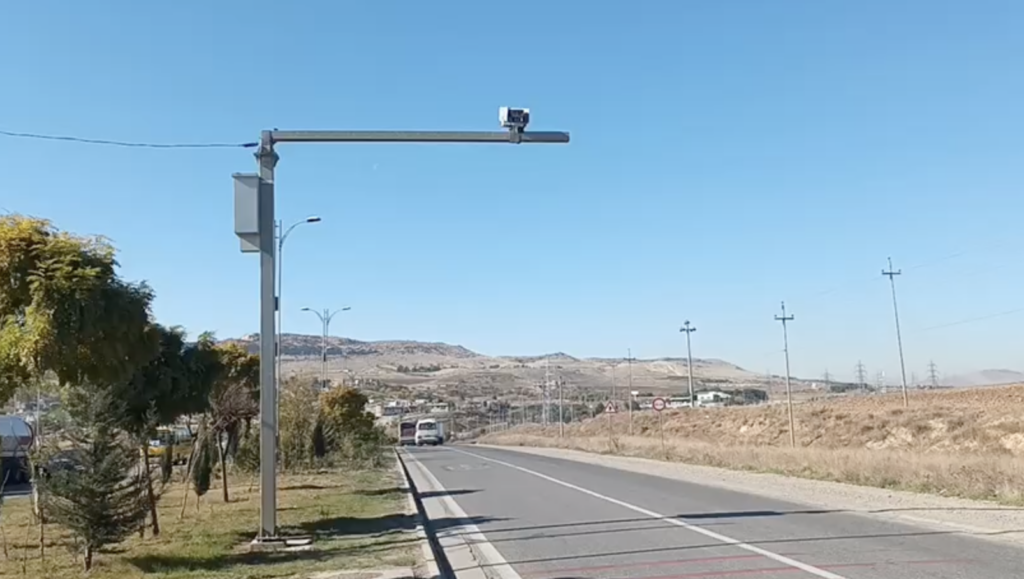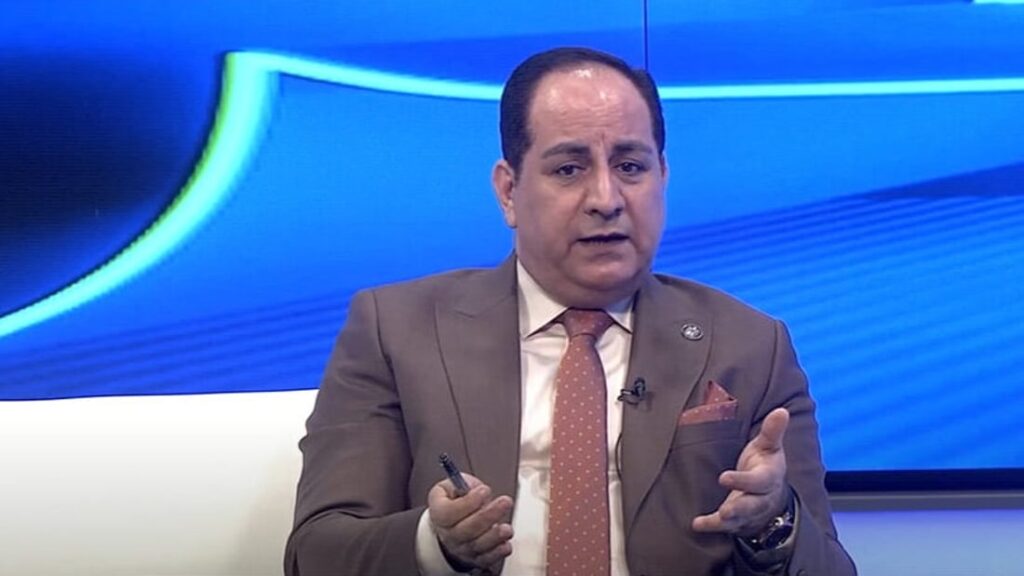Jordan: UNHCR Jordan Factsheet, July 2019
Jordan is one of the countries most affected by the Syria crisis, hosting the second highest share of refugees per capita in the world.
On average, 30,000 vulnerable refugee families are assisted each month with multipurpose cash assistance to cover their basic needs.
Over 146,000 work permits have been issued for Syrian refugees since 2016 up to now.
Working with Partners
UNHCR coordinates the refugee response under the leadership of the Government of Jordan, in a collaborative effort between the donor community, UN agencies, international and national NGOs, community-based organizations, refugees and host communities. Currently eight sectors provide support within the Jordan refugee response. UNHCR co-chairs several sectors and their thematic working groups, namely the Basic Needs Working Group with NRC, the Health Working Group with WHO, the Protection Working Group with NRC (as well as the associated Child Protection Working Group with UNICEF and the Sexual and Gender Based Violence Working Group with UNFPA), the Shelter Working Group with NRC and the Livelihoods Working Group with DRC. These sectors provide information, advice and advocacy to high-level decision-making bodies in Jordan. UNHCR supports the Syrian Refugee Affairs Directorate (SRAD) - the Government agency in charge of the management and coordination of Zaatari and Azraq camps - to ensure that assistance is provided in the most effective and efficient way possible in accordance with international humanitarian standards and protection principles.
Main Activities
Protection
UNHCR Jordan was the first UNHCR operation worldwide to introduce iris-scanning fraud-proof biometrics for refugee registration in 2013. Currently, almost all of the registered Syrians are processed using biometric technology, which enables UNHCR to process up to 4,000 refugees a day at the largest urban registration centre in the Middle East and North Africa (MENA) region, UNHCR’s Anmar Hmoud Registration Centre in Amman. As of May 2019, the new database ProGres Version 4 has been rolled out in the Jordan operation. This is part of a global update of the UNHCR key refugee database that will further enhance refugee protection through registration.
In 2018, UNHCR Jordan has started to implement a self-renewal methodology in registration procedures, the first operation globally to do so. The short-term objective of this innovative project is to empower persons of concern as data owners, by enabling them to validate and update data previously collected during registration. Self-renewal will save time for refugees when doing registration and renewal procedures, avoiding long waiting lines in UNHCR registration centres.
The long-term objective of the project is to enable refugees to update their data remotely, and to have access to a unique, portable, authenticated digital identity, inter-operable with State population registries and Civil Registration and Vital Statistics systems. The self-renewal process will be managed through kiosks that include an Iris camera for biometric verification, a monitor, and a printer. 30 kiosks will be available in Amman, 10 in Irbid and 10 in Mafraq. In 2019, 20 booths are operational in UNHCR Registration Centre as a pilot phase. Read more here.
UNHCR has been directly providing psycho-social support and emergency cash assistance to SGBV survivors. This has been complemented through partnerships with local NGOs who provide specialized support to survivors in safe spaces in Jordan. Survivors are referred to health, legal, safe shelter options and other services. UNHCR also implements prevention activities such as women empowerment workshops, self-defense classes led by refugee women and various awareness activities within communities.
UNHCR Jordan has one of the largest refugee helplines in the world, answering an average of 500,000 calls per month, including for legal advice and consultations through an automated-voice response system. The Interactive Voice Response (IVR) technology was introduced in December 2017 to increase the number of calls handled by the helpline team, with over 500 pre-recorded and tailored voice messages to fit most caller’s question. Emergency or complicated calls, such as detention or protection issues, are immediately transferred to staff.

